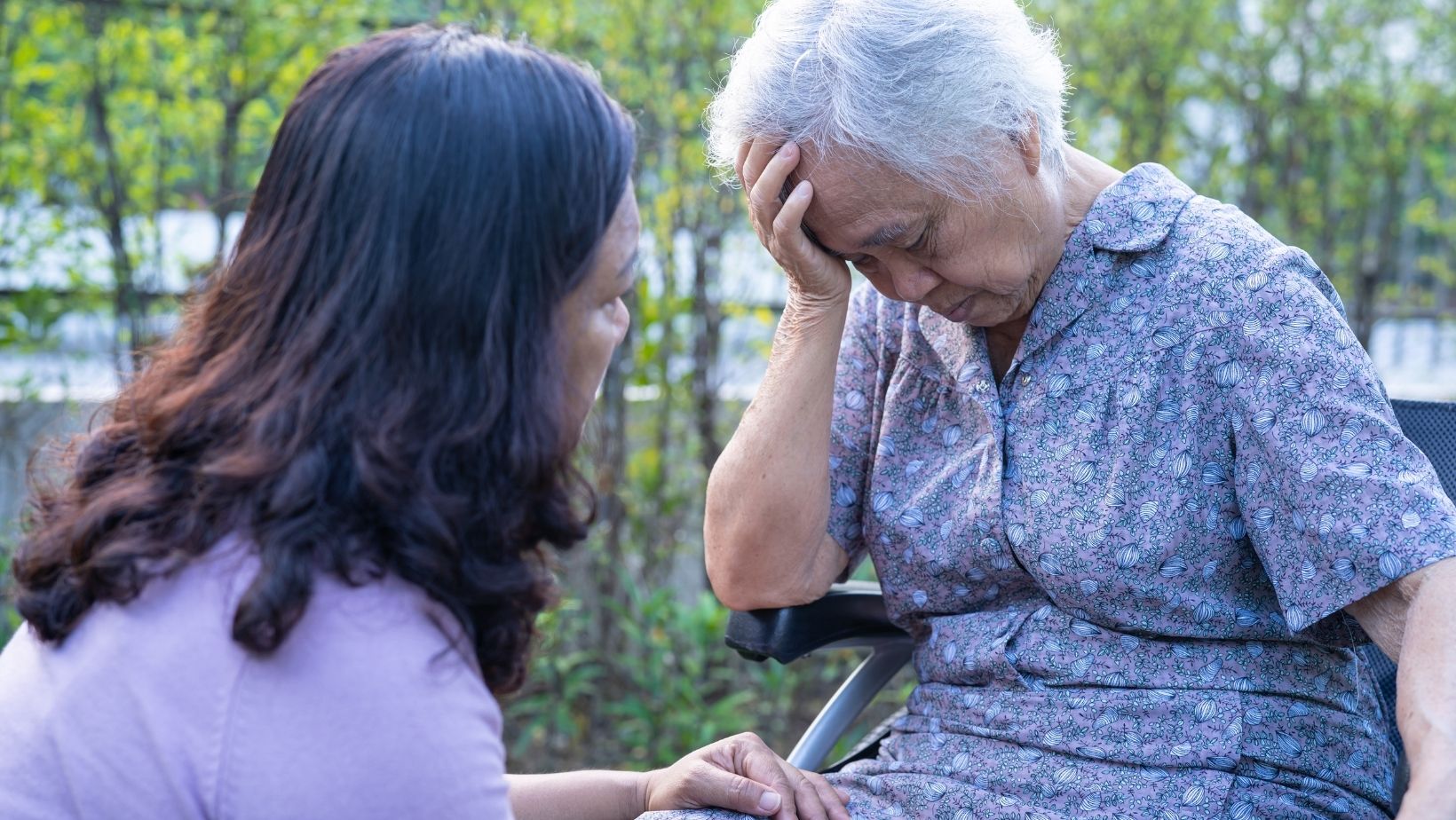Caring for a loved one can be tough, both physically and emotionally. In these times, having a good support system is important.
This is where a respite center comes in, offering caregivers much-needed relief. But respite centers do more than just provide a temporary break. In this post, we’ll look at the four main ways these centers help caregivers.
Let’s explore how respite centers offer the support caregivers need.
1. Temporary Care for Loved Ones
This allows caregivers to step away from their responsibilities for a short period, whether it’s a few hours or several days. Such breaks are essential for caregivers to maintain their health and manage stress effectively.
 Respite centers typically cater to a range of needs. It starts from the following:
Respite centers typically cater to a range of needs. It starts from the following:
- offering specialized care for individuals with memory issues
- supporting those with physical disabilities
Caregivers can relax knowing their loved ones are safe and well-cared for, which can significantly improve both parties’ quality of life.
2. Support Services for Caregivers
In addition to providing care for those who need it, respite centers offer various support services for caregiver well-being. For example, many centers provide the following:
- counseling
- educational workshops
- and support groups
This empower caregivers to connect with others in similar situations. This community aspect can be incredibly beneficial. It creates a supportive environment where caregivers can share experiences, tips, and coping strategies.
Moreover, learning about available resources can alleviate stress and help caregivers feel less isolated in their roles. By participating in support services at a respite center, caregivers gain valuable knowledge and skills that enable them to provide special needs care for their loved ones.
3. A Safe Environment
Creating a safe and welcoming environment is another vital role of a respite center. These centers are designed to be secure. This ensures that individuals requiring assistance can feel comfortable during their stay.
The physical layout typically includes safety measures tailored to different needs, such as the following:
- wheelchair accessibility
- and well-trained staff
They understand how to respond in emergency situations. A respite center should also provide a diverse range of activities specifically catered to engage residents.
Activities aimed at cognitive stimulation, social interaction, and physical movement contribute to the well-being of clients. This allows caregivers the peace of mind needed to focus on their own health.
4. Encouraging Self-Care Among Caregivers
Exploring new self-care routines is another important role of a respite center. Many caregivers neglect their physical and mental health while caring for others, often resulting in burnout. Respite centers encourage caregivers to prioritize self-care by providing them the time and space needed to focus on themselves.
 Whether it’s through organized activities, relaxation spaces, or health workshops, medicare respite care empower caregivers to recognize the importance of their well-being. Engaging in self-care can lead to more effective caregiving, as healthier caregivers are more capable of meeting the needs of their loved ones.
Whether it’s through organized activities, relaxation spaces, or health workshops, medicare respite care empower caregivers to recognize the importance of their well-being. Engaging in self-care can lead to more effective caregiving, as healthier caregivers are more capable of meeting the needs of their loved ones.
For those seeking the best options for elder care, researching options like leading respite care for seniors in Lexington may provide invaluable resources and support for caregivers.
Provide Essential Relief for Caregivers with Respite Center
Respite centers play a crucial role in providing much-needed relief for caregivers. By offering a safe and supportive environment for their loved ones, respite centers allow caregivers to take a much-needed break and attend to their own physical and mental well-being.
If you are a caregiver in need of respite, reach out to your local respite center for support and assistance. Your well-being is just as important as that of your loved one.
Like this article? Read more about these topics on our blog.



